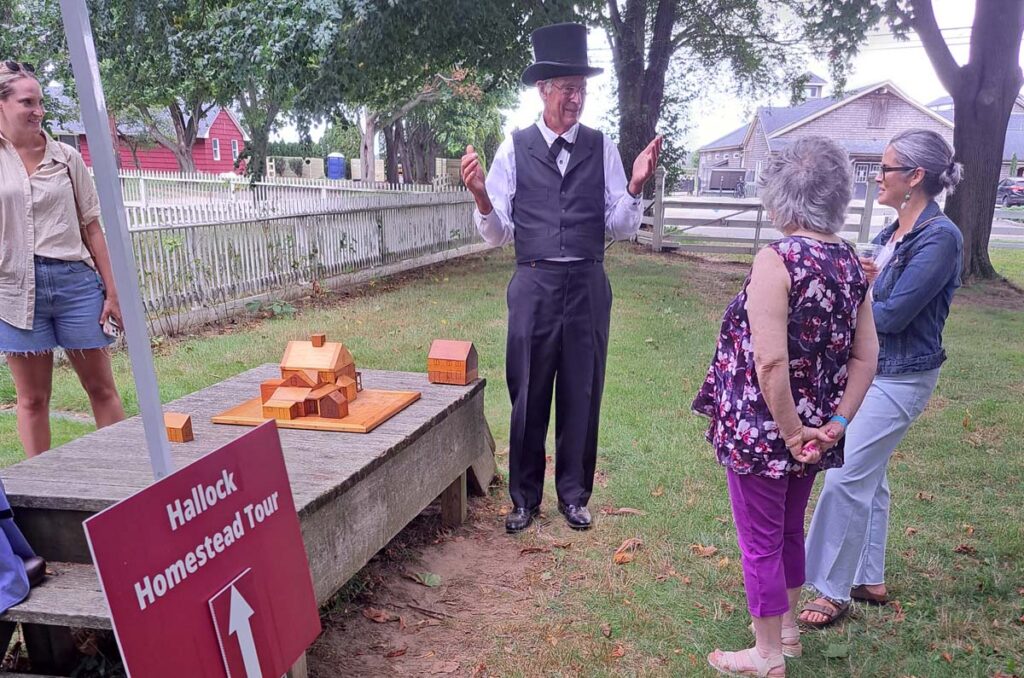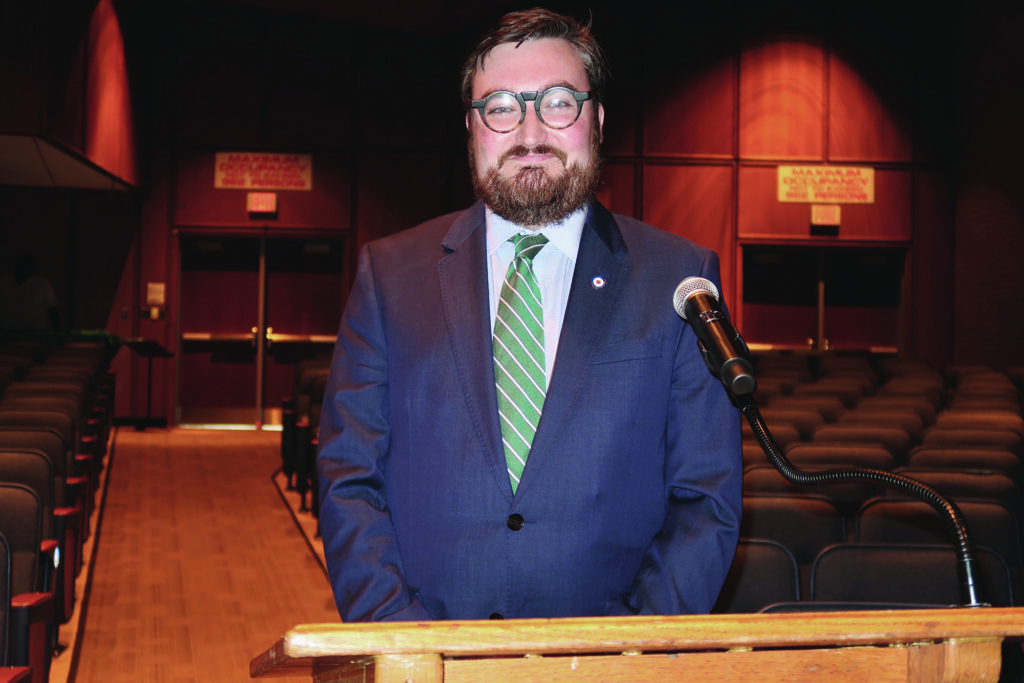Guest Spot: The benefits of protecting the dark sky

A clear, dark sky has been a source of wonder and a source of guidance for humans throughout history. Stone Age paintings show a keen interest in the night sky and a complex understanding of astronomy. Holy days, such as Passover and Easter, fall on dates that are still determined by the occurrence of a full moon in its relationship to the vernal equinox. Seafarers have been relying on celestial navigation for millennia to stay the course of their journeys. And farmers have followed the moon and the stars to determine planting and harvesting times for as long as agriculture has been practiced.
The usefulness of the night sky may seem obsolete to most of us in the 21st century. Actually, understanding the benefits of a dark sky and why we must protect it may now be more important than ever. Compared to the length of time that living things have occupied this planet and lived with the natural balance of darkness and daylight, artificial lighting has been implemented for a truly short period of time. Electric lighting became prevalent in the late 1800s; excessive outdoor lighting, or light pollution, a recent phenomenon, is now responsible for substantial damage to our planet.
Living things need rest to restore energy, which naturally depends on darkness. Circadian rhythms can easily be disrupted; for humans, a lack of balance between darkness and daylight may lead to poor mental and physical health and invite immune system disorders and even certain types of cancer. Something as simple as a neighbor’s light continually shining through a window all night long may be enough to disrupt one’s health.
For flora and fauna, the consequences can be extreme as well. Protecting the night sky is critical for migrating birds — many species depend on celestial navigation to make their biannual journeys, which can extend over thousands of miles. Excessive lighting can lead to fatal crashes with buildings; death from exhaustion is also common when birds are confused by artificial lighting and cannot rely on their natural tracking abilities. Hundreds of millions of songbirds die every year, according to the U.S. Fish and Wildlife Service, and many of these losses can be prevented with proper lighting and reduction in light pollution. It has been shown that excessive night lighting can disrupt the natural cycle of all living things; even trees can experience extending growing times and delayed dormancy, which can result in stress and dieback.
In the United States alone, about 30% of energy used in excessive outdoor lighting is wasted. This translates into about $4.5 billion annually. By sensibly managing light pollution, cost savings can be achieved by homeowners, businesses and municipalities alike. In other words, “dark sky lighting,” as opposed to excessive outdoor lighting, is good for the pocketbook as well.
So, how does someone take steps toward understanding what is meant by “dark sky lighting”? The North Fork Dark Sky Coalition makes this easy by providing extensive background and instructional information on its web pages. Steps toward dark sky lighting can be achieved by making simple adjustments. Installing shielded lighting that directs light downward, using timers and motion detectors or just shutting off excessive lighting at night are all helpful and great first steps.
The Town of Southold should be commended for crafting solid legislation with the purpose of protecting the dark sky. But in order to comply with town code it is important to fully comprehend the intent of the legislation and the ways to get to compliance. The International Dark Sky Association has designated April 5 through April 12 as “Dark Sky Week” and, on Jan. 5, 2021, the Southold Town Board adopted a resolution officially recognizing Dark Sky week here as well.
The North Fork Dark Sky Coalition encourages all to explore the beauty of the night sky by turning off lights and getting outdoors this week, recognizing the dark sky as an invaluable natural resource. You can also join us for several planned events. Once we learn more and understand the damaging effects of light pollution, we can then make the commitment to protecting the dark sky.
Wouldn’t we all benefit from achieving the goal of becoming an exemplary Dark Sky Community? I, truly, think so.
Ms. O’Kane is program director for the North Fork Environmental Council and a North Fork Audubon Society board member. Both groups belong to the North Fork Dark Sky Coalition. To learn more about International Dark Sky Week and the coalition, visit northforkdarksky.org.








